Andrew Johnson always had a feeling that he was ‘different’ from others but it wasn’t until he was diagnosed with ADHD five years ago that he fully understood why.
The 34-year-old dad-of-one from Broughty Ferry had the condition officially confirmed at the age of 29.
And the revelation came after many years of experiencing difficulties and being misdiagnosed with depression.
“It was such a relief because it finally gave me the answers and the understanding I had been looking for all my life,” he said.
“It also meant I didn’t have to take anti-depressants anymore.
“They just made everything worse.
“So I will always be really grateful to that locum psychiatrist who gave me my ADHD diagnosis.”
The technology salesman is so passionate about raising awareness of ADHD and dispelling the negative stigma that surrounds the condition that he is an ambassador for the charity ADHD UK.
He also plans to study a Masters programme in counselling at Abertay University so that he can re-train as a therapist to help others.
What is ADHD?
ADHD stands for attention deficit hyperactivity disorder.
There are two main areas of behavioural problems associated with ADHD.
Inattentiveness (difficulty concentrating and focusing) and hyperactivity and impulsiveness.
ADHD is treated using medication or therapy or a combination of both.
Growing up with undiagnosed ADHD
Andrew says he has always known he was ‘different’ from a young age.
But he could never pinpoint exactly what it was.
“There was always something I felt I couldn’t quite grasp and I felt like an outsider – different from everyone else,” he explains.
“I think it was also difficult to realise I had ADHD when I was younger because I was quite academic in primary school.
“I got good grades at St Joseph’s.
“But the reason I was very focused on the work is because the alternative was boredom.
“I just couldn’t sit and do nothing – that was intolerable for me.
“I had some behavioural issues – like disrupting others and making the other kids laugh – but this happened because I was so far ahead with the work and was bored.
“These issues were probably overlooked at the time because teachers thought I had a lot of potential and just needed to apply myself properly.”
Experiencing difficulties as a teenager
However while he progressed well at primary school, secondary school proved to be more difficult.
And this was compounded by his parents splitting up just before he started first year at St John’s RC High School.
“Things were good to begin with,” he says.
“In my first year I had incredible reports.
“But that’s because I was focussed totally on school work using it as a distraction from what was happening at home.
“But then in second year I burnt myself out. Things went downhill from there and never really recovered.
“It was a horrendous time. I ended up on behaviour sheets and threats of exclusion for not doing work, being disruptive and not listening.
“There were people in authority constantly telling me I was wasting my potential.
“But I just didn’t believe I had any.
“In the end I left school when I was 17 with no qualifications at all.”
Being misdiagnosed with depression
Andrew went on to attend Dundee College and achieved an HNC in computing before securing a full-time job as an IT technician.
And he has since gone on to work in a variety of roles in the same field.
In his early twenties he got married and he and his now ex-wife welcomed a daughter, Amber, in 2012.
But when one of his friends died by suicide when Andrew was 28 in 2017, it shocked him so much that he started looking inwards at his own mental health.
He did some research and began to realise how much he had been struggling.
Andrew said: “I went to the doctors and fumbled my way through an explanation of how I had no motivation, was having negative thoughts and couldn’t get out of bed.
“Immediately I was put on anti-depressants.
“But it was the worst thing for me because it amplified all the things I was struggling with in the first place.
“I had a total inability to focus and felt completely numb – I was literally like a zombie.
“It was awful.”
ADHD diagnosis as an adult
It wasn’t until Andrew did some more reading that he came across the symptoms of ADHD and it proved to be a lightbulb moment.
“The symptoms included being easily distracted, hyper focus as well as other bits you don’t normally associate with ADHD like lack of motivation and ‘perceived’ laziness.
“And I just thought ‘oh my God all of that is me’.
“So I went back to my doctor and told him I thought I had ADHD.
“I was then referred to the psychiatry team at Wedderburn House in Dundee in March 2018.”
Andrew then went through the diagnostic process which included collecting evidence from his school reports and being officially assessed.
And nine months later, in December 2018, he was finally given his ADHD diagnosis by a locum psychiatrist.
“It was such a relief.
“I was told I was pretty much a hallmark case of combined type ADHD (where both inattention and hyperactivity/impulsivity are present).
“It just gave me the answers I had been looking for.
“I told him he had no idea of how much of a positive impact, finally having a diagnosis, had on my life.”
Andrew was put on medication for ADHD, which he has been on ever since.
And he says it has made a big difference.
Not only has it helped him to be more alert but it has also given him the motivation he needs to complete tasks he would have struggled to finish otherwise.
Support from partner Hannah
Andrew met his fiancee Hannah, 37, in 2019 and says she has been incredibly supportive.
He said: “When you first meet someone new there is an element of masking. But when you are in a relationship with someone you can’t hide it.
“So the other person sees the hyper bursts and the lows when you can’t get out of bed.
“It hasn’t been easy, but Hannah has been so supportive over the past few years. She has been amazing.”
He also has a close relationship with his daughter Amber, 12.
Passionate about ADHD awareness
Since 2022, Andrew has been an ambassador for ADHD UK and he is passionate about raising awareness of the condition.
He said: “I became an advocate for ADHD UK because I felt there wasn’t enough awareness and support out there.
“After my own diagnosis I saw a few locums and they didn’t have a clue about what support was available.
“And when I was looking online myself, the support groups were few and far between.
“A lot more work needs to be done into how to support people properly – there is a lot of potential going down the sinkhole.”
This is why Andrew is keen to re-train as a therapist – so he can offer support and the benefit of his experience to others.
“I would love to qualify as a therapist because I love psychology and how the mind works.
“But I also want to help others and build meaningful relationships with people which I don’t get to do enough in sales.”
He added: “The dream would be to know I have had a meaningful impact on somebody’s life – what more of an achievement is there?”
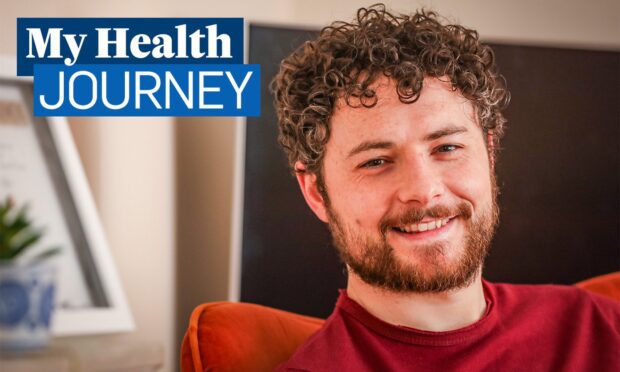
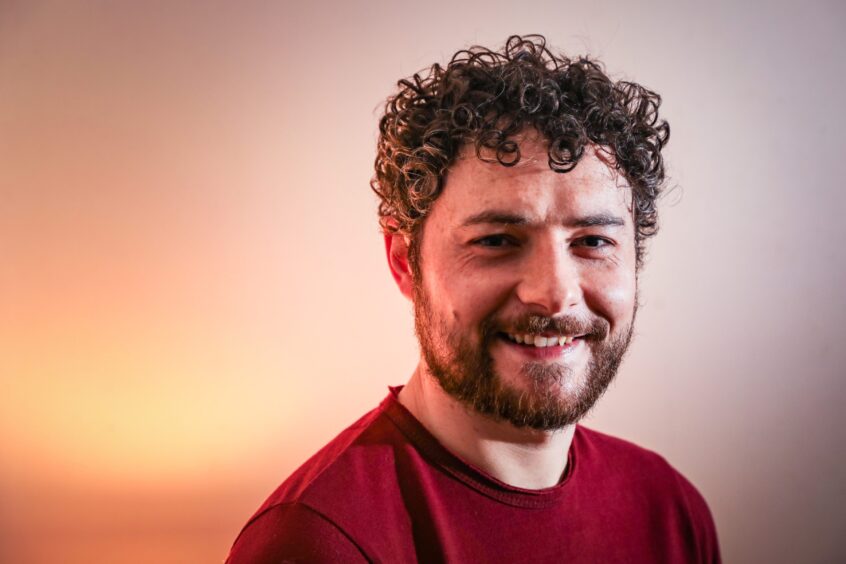
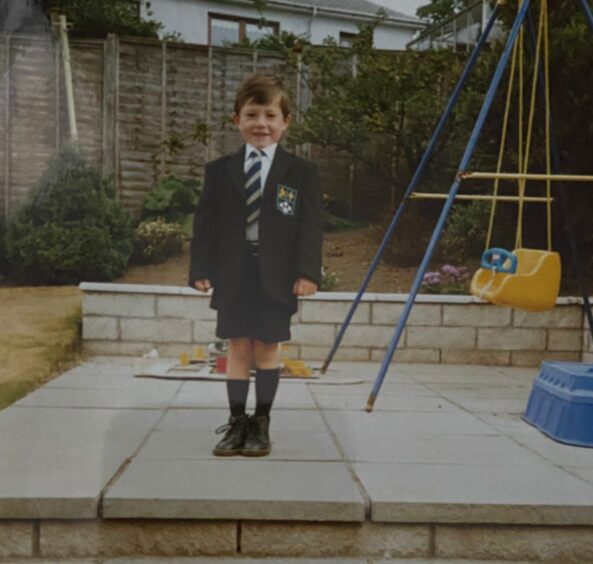
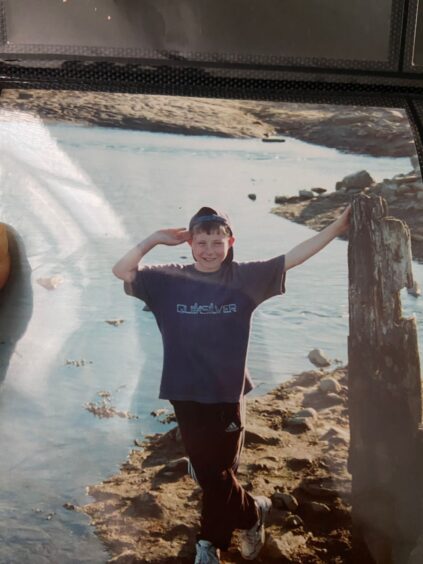
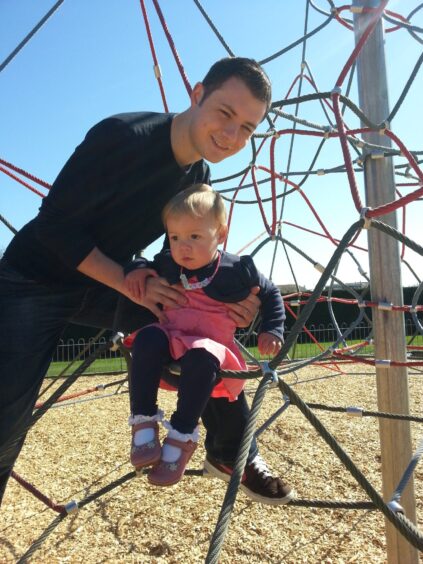
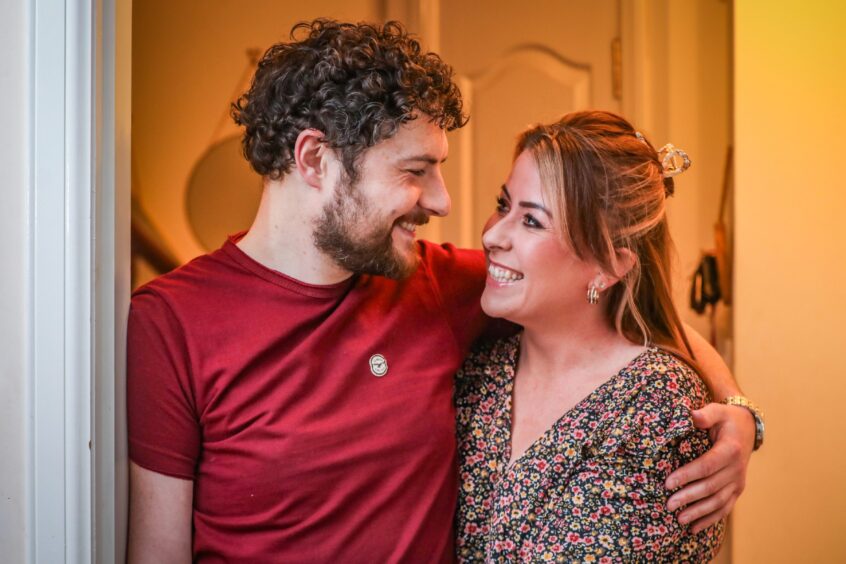
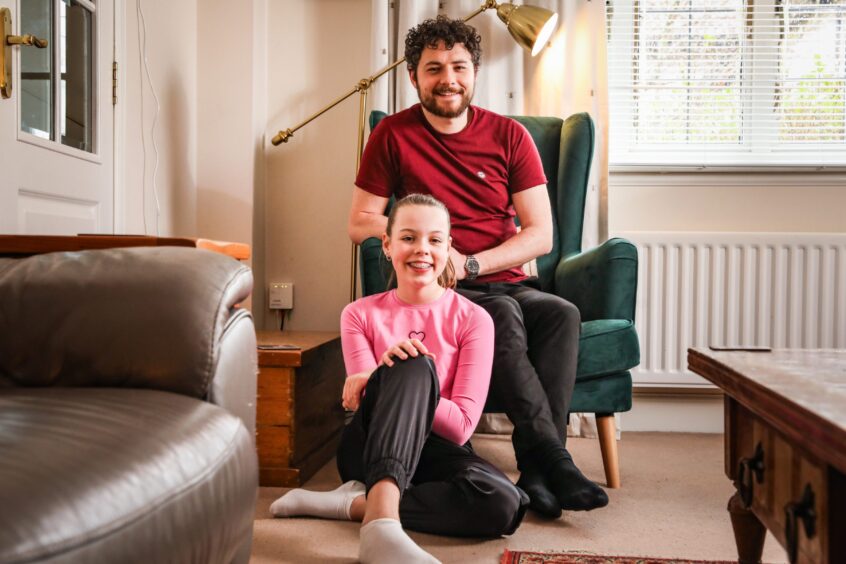
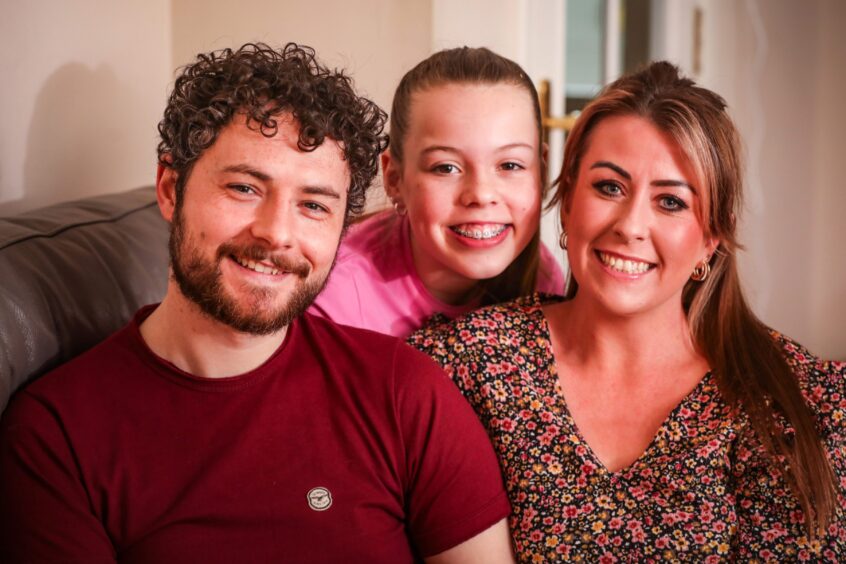

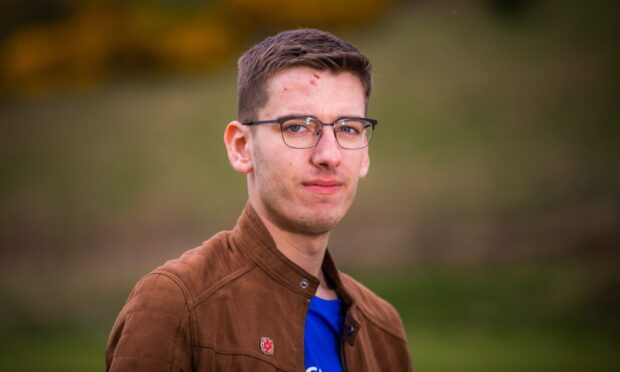
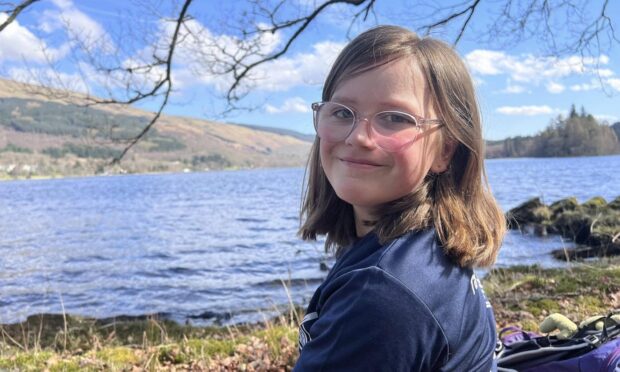
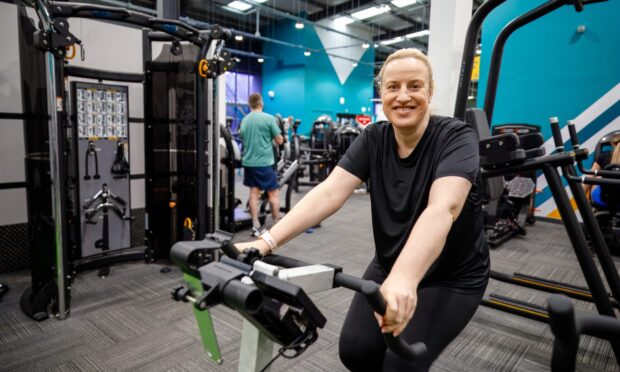




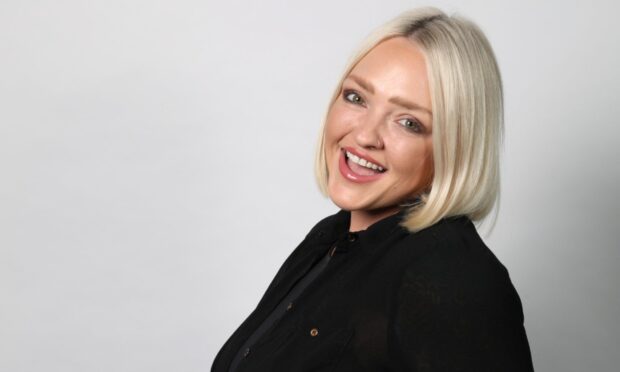

Conversation